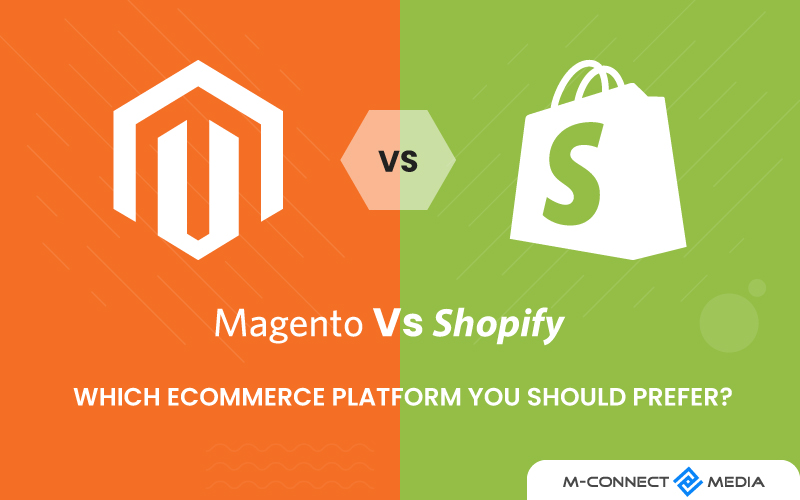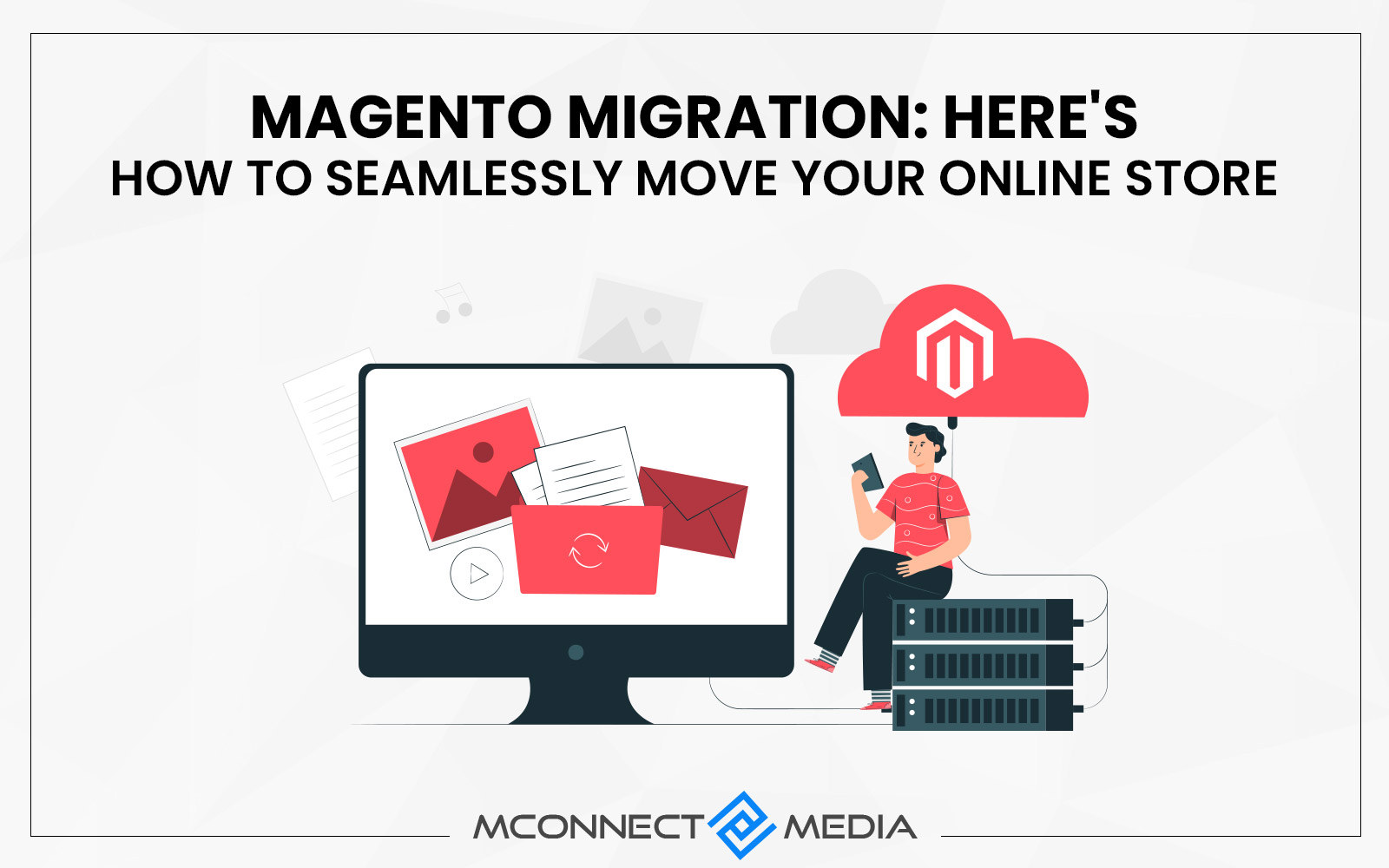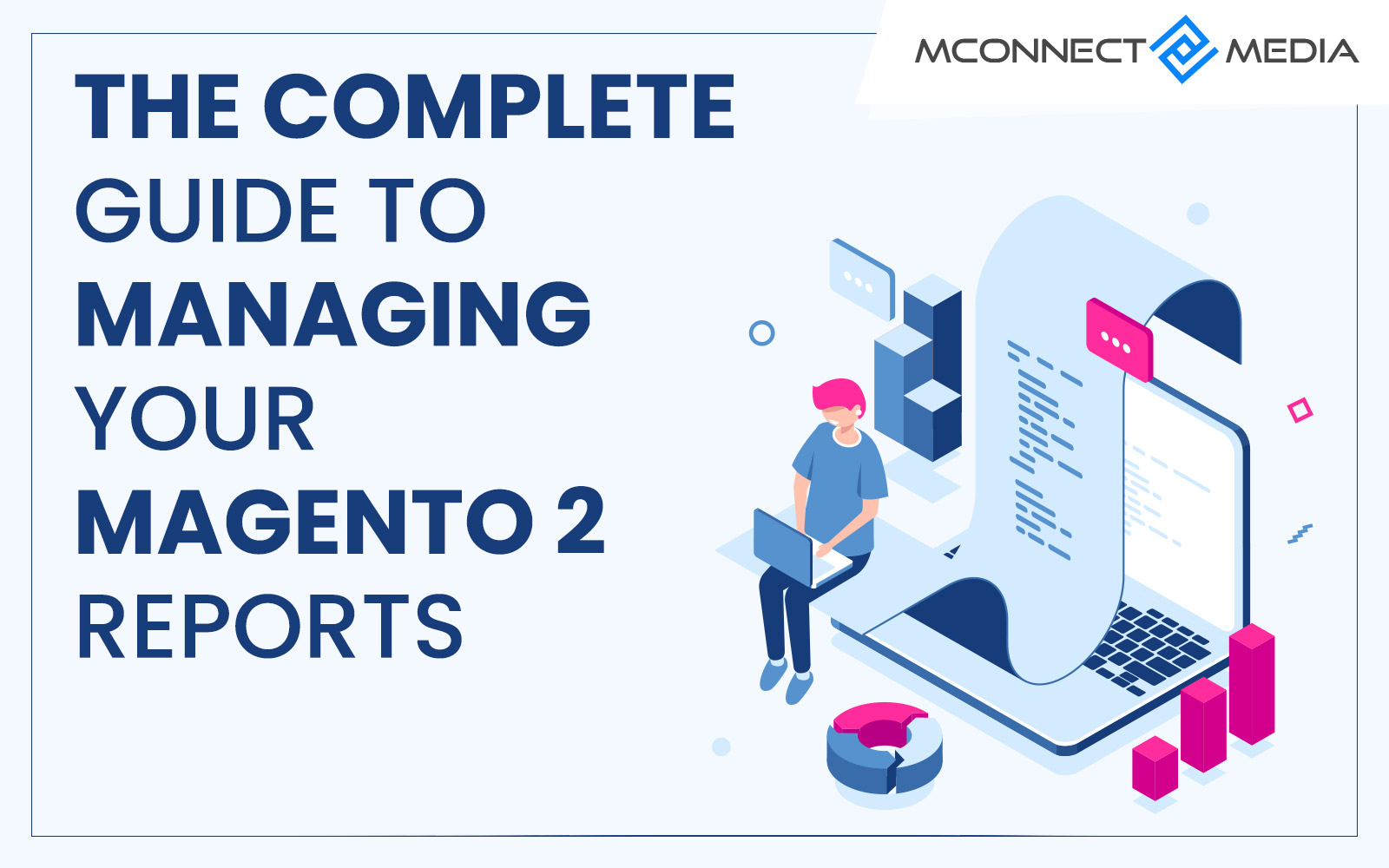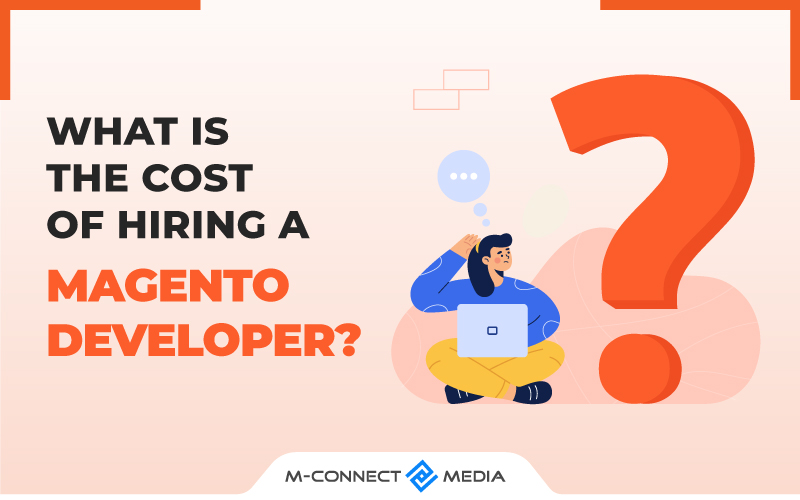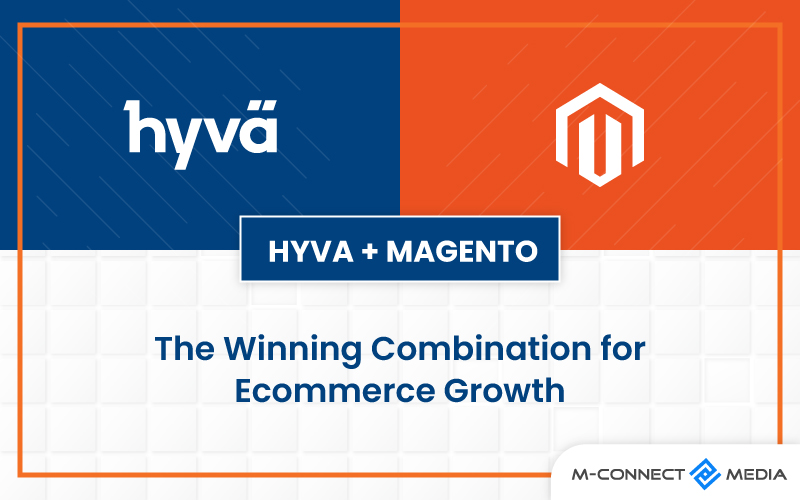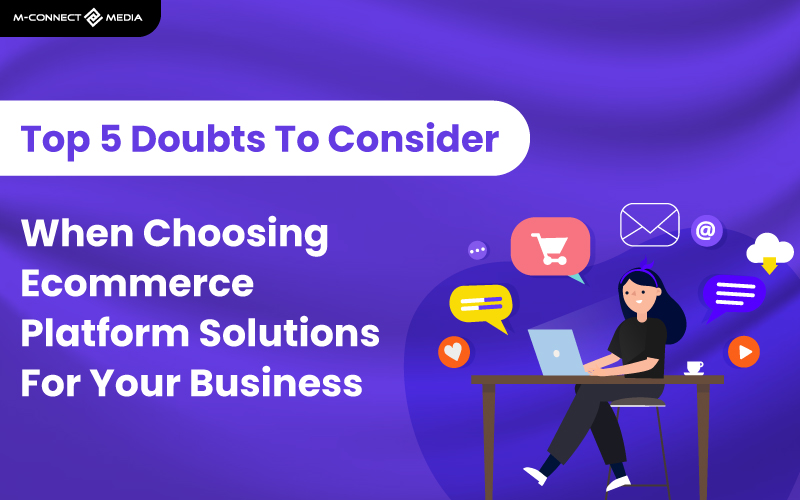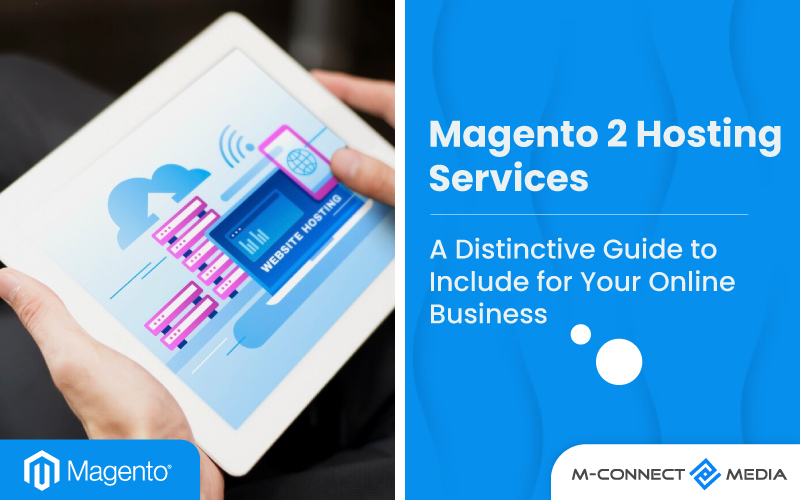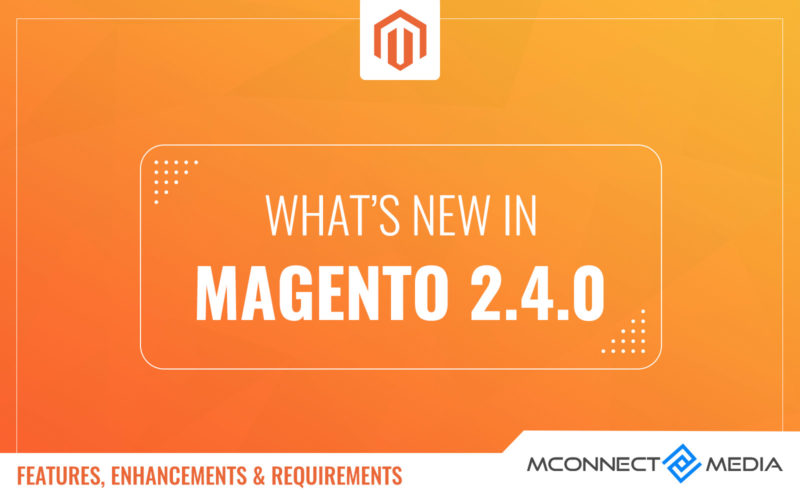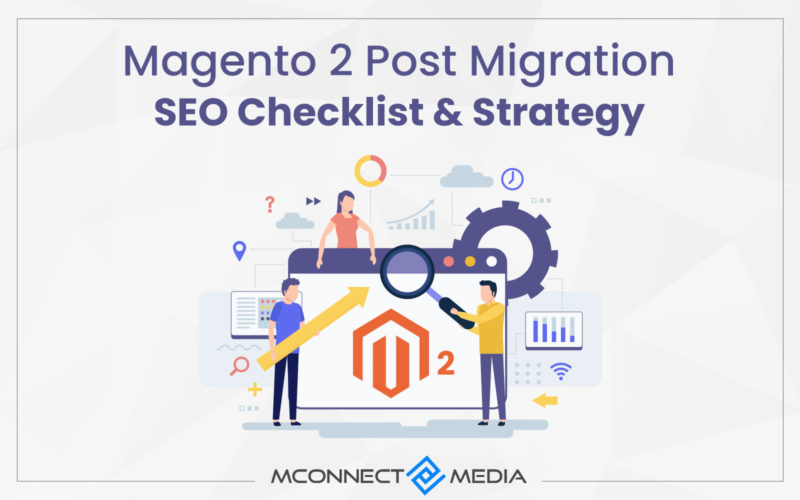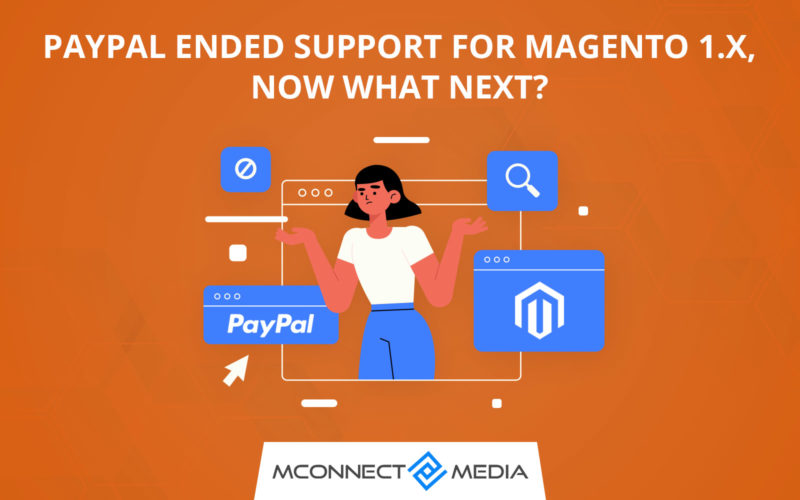Magento and Shopify are the two systems that most businesses choose when seeking a new eCommerce platform. Shopify and Magento are platforms for mid-to-large organizations and those aspiring to be eCommerce firms.
Magento (Adobe Commerce) and Shopify are major eCommerce systems, accounting for 10.17% and 1.11% of the market, respectively. Each has a distinct position in the eCommerce market, with millions of devoted clients.
While both Magento and Shopify provide distinctive eCommerce shop experiences, they differ dramatically in several ways. Magento may be appropriate for certain firms but not others. The same may be said about Shopify.
Before choosing amongst the following eCommerce platforms, firms must evaluate various factors. In this article, we’ll compare Magento vs. Shopify to help you determine the best platform for your eCommerce business.
Magento Vs Shopify – At a Quick Glance
Several options are available if you are beginning a new business or changing the eCommerce platform. Magento and Shopify are well-known e-commerce platforms that allow you to exhibit products to an online audience. However, they are quite distinct platforms with different attributes.
Both systems are intended for profitable stores, but the additional flexibility comes at a cost. If your annual income exceeds $500,000, it is advised that you switch to one of the enterprise plans.
Magento provides you the option of Commerce or Open Source, both acclaimed for their extensive feature sets and customization capabilities.
On the other hand, Shopify provides a fully-hosted platform with a wide range of functionalities fixed price and is well-known for its user-friendliness.
| Comparison Mode | Magento | Shopify |
| Founded In | 2008 | 2004 |
| Built on | PHP | Ruby |
| Solution Type | Free & yearly-paid | Monthly-paid |
| Source code Accessible | Open-source | Proprietary source |
| Ease of use | Complex | Easy |
| Hosting | On-site, third-party, Cloud-based | Cloud-based |
| Suited for | Enterprises with Large Product Catalogs | Small-scale businesses selling limited products |
| Cost | Free and premium editions | From $29 |
| Extensions | 5000+ | 4000+ |
| Live websites | 250,000+ | 500,000+ |
Also Read: Must Consider Magento 2.4.6 Release Notes Before Migration – Key Features
Magento Vs Shopify – Pros and Cons
Magneto and Shopify have several advantages, but there are certain areas where they need to improve for your eCommerce. Let’s look at each of their Pros and Cons before settling on a build platform for your eCommerce website.
Magento (Adobe Commerce)
Pros:
- Open-source and completely free to use
- More freedom and control over your online business
- A large selection of themes and plugins to pick from.
- The ability to construct a personalized site without needing to code from the ground up
- Excellent community with excellent user support
- An extremely adaptable platform with several customization options.
- Ideal for medium to big companies who provide their own web development services.
Cons:
- Beginners should avoid since coding skills is necessary.
- It takes a long time to set up a shop.
- There are several costs for setting up your store.
- For advanced Magento editions, it is quite expensive
- Installing themes and templates require coding knowledge
- Hosting and domain need to be purchased separately
- Magento developers are required.
Shopify
Pros:
- A simple platform that is ideal for beginners.
- Simple setup and a shorter time to launch
- Many Checkout and payment options
- No need to be mindful of hosting or security because Shopify handles everything
- Less expensive than Magento when hosting, security, and add-ons are considered
- Excellent app store for extending functionality of your website
- Options for multichannel sales (Facebook, Instagram, Amazon, eBay etc.)
- Over 70 mobile-responsive themes
- Regular updates that are automatically implemented
Cons:
- Apps must be purchased in order to get additional features
- It is quite difficult to integrate an app into the store
- Fees are levied for each transaction unless you use Shopify payment.
- Transaction costs apply for who use a third-party payment gateway
- Full reporting capability is only available on more priced plans
- Shopify Payments is only accessible in a few countries.
- Theme modification options limited
- Customizations are difficult to implement
Also Read: Future of E-commerce with Magento Open Source: What to Expect
Magento VS Shopify: Key Differences In-Depth
1. Ease of Use
The ease of use will determine how many personnel you will need to construct and administer the eCommerce platform and whether you will be able to utilize the solution’s capabilities fully. Let’s see how Shopify and Magento stack up in terms of usability.
Magento is less user-friendly than Shopify regarding usability, especially for non-tech people. Although this platform gives consumers total control over their website, installing and setting up their online company requires a thorough understanding of technology.
On the other hand, Shopify certainly has an advantage over Magento. This eCommerce solution is simple to use due to the nature of a hosted platform. Shopify is designed for everyone, including tech-savvy and non-technical users. As a consequence, Shopify users will need help creating their stores.
2. Themes and Templates
Both platforms include a decent selection of themes and templates that can be used to give your business the exact feel and design you desire. Shopify and Magento provide free and paid responsive themes, essential in today’s environment.
Shopify offers 10 free and 64 premium themes ranging in price from $ 140 to $ 180. Shopify’s themes are mobile responsive and beautiful, receiving a rating of 3.7/5 in the themes design research area.
Magento has ready-made themes that do not require any coding adjustment and bespoke themes that require the expertise of an expert developer. Magento received a rating of 3.5/5 in the themes design research area.
3. Pricing & Costs
Pricing is the most important consideration for merchants planning to invest in an ecommerce website. Both platforms are designed to help businesses develop, and their price plans vary based on the business size.
Magento doesn’t require a monthly subscription. It is free to download, install, and set up your store on this platform. However, to publish your website, you must pay for a domain and a hosting provider.
As a result, the price of Magento varies based on your option. Magento pricing starts at $22,000+ per year and offers additional features and cloud hosting so that you may save money on development services.
Shopify’s price is easy. The package, fortunately, covers both name and hosting expenses. Outside of Shopify Payments, additional charges for design themes, plugins, website templates, and payment processing fees are not included.
Unlike Magento, Shopify’s price is based on a subscription. For further details, there are five pricing tiers, ranging from $39 to $399 each month. Furthermore, this website builder asks for a very intricate method for calculating transaction costs based on the membership plan.
4. Apps & Plugin Extensions
Shopify and Magento include thousands of apps and extensions to help you expand the functionality of your shop. You can use applications to increase sales or an extension to make the checkout process easier.
Magento is the way to go if you want an ecommerce platform with over 3,000 extensions. However, the vast majority of these plugins are not free. When assessing Magento Open Source, you must consider the cost of obtaining and installing plugins. You may require a team of technical experts to integrate plugins on Magento.
On the other hand, Shopify’s App Store has over 8,000 free and paid apps for various company functions ranging from email marketing to shipping and social network selling. All plugins are simple to set up, and you won’t need to contact the IT team.
5. Marketing Features and SEO
SEO or Search Engine Optimization helps you optimize your eCommerce website’s SEO, which will affect your shop ranking. Both shopping carts provide comparable features in this Magento vs. Shopify comparison.
Shopify has many great SEO features, such as editing your store’s title and meta tags, generating sitemaps, and adding alt text to images. Shopify offers fantastic marketing tools, including the ability to. Email campaigns using Seguno, Klaviyo, Constant Contact, and other third-party integrations.
Magento also offers all of these features, but you’ll need to install third-party plugins to get them. That being said, both platforms are equal in terms of SEO capabilities. On the other hand, Magento relies heavily on its marketplace for most of its marketing tools.
6. Security
As a website owner, you safeguard your and your customer’s information. As a result, selecting a secure eCommerce platform is critical.
Magento has an in-built security system, but it is adaptable enough to allow you to implement security adjustments to your website. Furthermore, Magento distributes updates and fixes regularly to keep the website secure. Magento 2 even allows you to install security extensions to safeguard sensitive data.
On the other hand, Shopify provides built-in SSL encryption and Level 1 PCI-DSS certification to protect your website automatically. It is also an excellent resource for eCommerce organizations who wish to understand how to manage client data sensitively throughout consumer interactions with shop websites.
Also Read: FAQs Must Know about Magento 2 For E-commerce Store Owners
Which is more Powerful for eCommerce Platform: Magento or Shopify?
Both eCommerce platforms differ in various ways, making it critical to compare them before establishing the basis for your eCommerce firm. Consider the following criteria before making your decision:
- What is your financial situation?
- What is the size of your store, and what are the business requirements?
- Do you have developers, or are you searching for a ready-to-use solution?
- What amount of modification do you want to implement?
- What is your long-term plan for your eCommerce store?
You may always contact Shopify and Magento-certified organizations to discuss your needs. The specialists will assist you in determining the ideal eCommerce platform for your needs.
Our Conclusion
Magento and Shopify are excellent platforms for launching an eCommerce business and earning money online. Both systems have pros and limitations, and which one is best for you depends on the company’s needs.
Magento websites are more useful than Shopify websites since everything is developed from the ground up, allowing you to give your website the ideal style and feel.
When picking between Magento and Shopify, remember that the two eCommerce systems cater to distinct customers. Consider your current demands and long-term ambitions when selecting the best eCommerce platform for your company.
At M-Connect Media, we offer expert Magento development services that are both high-quality and reasonably priced. You may Contact one of our Magento experts or request a free pricing estimate for your project as soon as possible.

